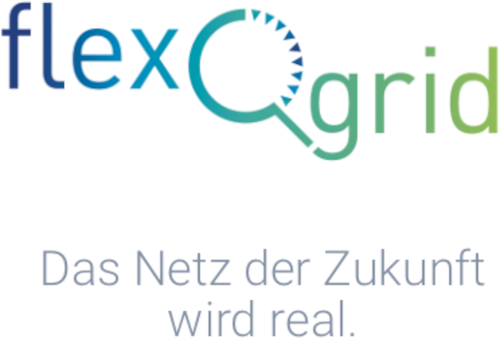DisCoBoard
An AI Dashboard Helping Youth Uncover Online Disinformation
Start: 11/2019
End: 03/2023
In our changing energy system, where large conventional power plants are increasingly being replaced by smaller ones, the importance of the distribution grids bringing electricity from generators to consumers is growing. The increase of distributed generation plants as well as of large consumers such as electric vehicle charging stations can lead to bottlenecks in the grid.
FlexQgrid is developing intelligent solutions with which power generation and consumption can be balanced locally, thereby preventing grid congestion. For this purpose, a quota-based grid traffic light concept is implemented that leverages the flexibility of generators and consumers to ensure local grid balance while providing a benefit to both parties.
In the project, the FZI is developing a building energy management system to make the flexibility of prosumers available to the market and grid operators. Accordingly, it develops all the processes and optimization algorithms that implement the quota model along with the intelligent energy management within the building and uses complex forecasting methods as well as diverse, heterogeneous sources.
The research focus Climate Action Innovation aims to actively promote climate protection and create sustainable solutions in energy, mobility, production, and supply and disposal via IT innovations. Security aspects of the solutions are considered from the very onset.

Funding notice:
The flexQgrid project is funded by the Federal Ministry for Economic Affairs and Climate Action (BMWK) within the energy research.
Project partners:
An AI Dashboard Helping Youth Uncover Online Disinformation
Research Projects Back to the overview AMAZING Automated Modelling, Analysis and State Estimation via Intelligent Network Algorithms and Graph Methods Start: 10.2024 End: 09.2027 The energy transition presents electricity grid…
The FZI develops ROS driver for Universal Robots
German-Israeli Research Initiative on Digital Democracy
Artificial Intelligence in Traffic Systems
Supercomputing Platform for Highly Automated Vehicles
Cybersecurity for SMEs
Data management repository for care-supporting AI applications
Innovation with Cybersecurity for SMEs in Baden-Württemberg
Hardening of embedded RISC-V software by means of code transformations